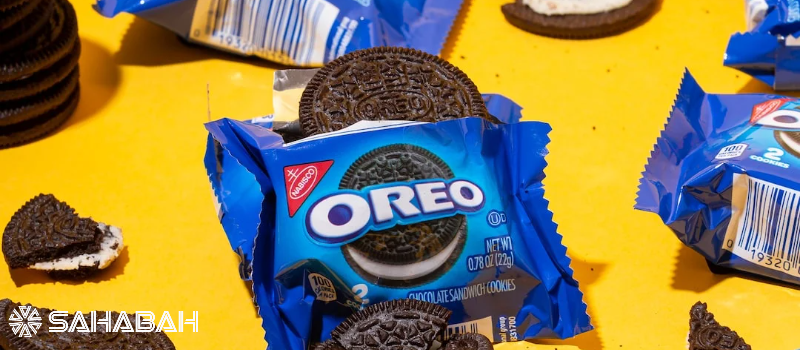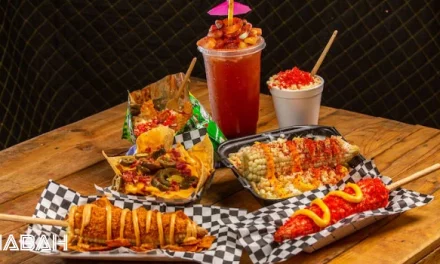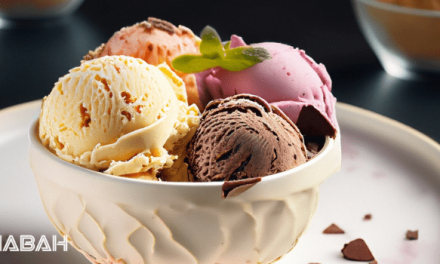Oreo biscuits are one of the world’s most iconic cookies, enjoyed by millions across the globe. But are these creamy chocolate sandwich cookies halal certified and permissible for Muslim consumers worldwide?
Recent controversies about Oreos containing pork have raised this question. In this comprehensive guide, we analyze Oreo’s ingredients, halal compliance and certification globally, and what Muslim consumers need to know.
Oreo Halal Certification – Status Around The World
Oreo is manufactured and sold in over 100 countries by Mondelez International. The company states on its website that Oreo biscuits are halal certified in most markets, produced according to Islamic guidelines.
However, some variant products and production facilities are not halal certified currently. Certification status varies based on the country.
For instance, Oreos made in the US and Canada are halal approved by Islamic Food and Nutrition Council of America (IFANCA). Oreos produced in the Middle East, Malaysia, Indonesia and Muslim majority countries carry local halal authority certification.
But Oreos made in certain European countries like UK, Spain and others do not have halal logos currently. Lack of certification does not necessarily mean they are haram, but caution should be exercised.
Do Oreos Contain Pork or Alcohol?
What about allegations that Oreo contains pork fat or pork derivatives? According to Mondelez, Oreo biscuits and creme filling do NOT contain any pork, pork extracts or alcohol ingredients.
Publically available Oreo nutritional information reveals no pork-based or haram components.
As per Mondelez, common Oreo ingredients are:
- Wheat flour
- Sugar
- Vegetable oils
- Cocoa powder
- Whey powder
- Leavening agents
- Salt
- Soy lecithin
- Chocolate
- Vanillin flavor
These are vegetarian friendly and halal permissible according to Islamic guidelines. Oreo’s formula and production does not include pork fat, pork derivatives or alcohol based on available information.
How to Verify Halal Status of Oreos Worldwide
Here are some tips for Muslim consumers to verify halal status when purchasing Oreos globally:
-
Check for halal certification logo – Genuine halal products carry approved halal authority logo on packaging where certified. This is the best indicator.
-
Contact Mondelez – Reach out to Mondelez International through their website contact page or via social media to enquire about halal compliance.
-
Read ingredients lists – Review ingredients on packaging to screen for any obvious haram components.
-
Check halal directories – Consult halal food and brand directories on sites like Zabihah to see if Oreo or Mondelez are listed.
-
When in doubt, avoid – Refrain from consuming products whose halal status cannot be reliably confirmed.
Are Oreos Suitable For a Halal Diet?
Based on evidence from Mondelez ingredients lists, lack of alcohol and pork-based ingredients, and halal certification in major markets, Oreo biscuits appear to be compliant with Muslim diet in most instances.
However, as always, consumers should exercise caution and verify to their own satisfaction, especially when purchasing Oreos made in facilities that lack certification. Checking ingredients lists and contacting manufacturers is advised.
When halal logo is present, consumers can be assured Oreos are permissible. Where certification is absent, further verification is recommended.
Is Oreo Halal – Frequently Asked Questions
Yes, Oreo biscuits are halal-certified. The ingredients and production process of Oreo biscuits comply with the requirements of halal certification, making them suitable for consumption according to Muslim dietary guidelines.
Is it true that Oreo biscuits contain pork or alcohol?
No, this is a false claim. Oreo biscuits do not contain pork or alcohol in their composition or production process. The ingredients used in Oreo biscuits are completely halal, ensuring they are suitable for Muslim consumers.
Who provides the halal certification for Oreo biscuits?
The halal certification for Oreo biscuits is typically provided by recognized halal certification authorities such as the UAE Ministry of Climate Change and Environment (MOCCAE). These authorities thoroughly inspect the ingredients, production processes, and facilities to ensure compliance with halal standards.
I have heard that Oreo biscuits produced in Europe are not halal-certified. Is this true?
Yes, it is true that some Oreo biscuits produced in Europe are not halal-certified. However, this applies to specific Oreo products and not the entire range. It is important to check the packaging or label of the Oreo product to determine its halal status.
Can you give examples of Oreo products that are not halal-certified in Europe?
Some examples of Oreo products that are not halal-certified in Europe include Oreo Crunchy Bites Dipped, Oreo Strawberry Cheesecake, Oreo Enrobed Milk, and Oreo Cadbury Coated. These specific variants do not meet the halal certification requirements for the European market.
Does the halal certification of Oreo biscuits depend on the country of production?
Yes, the availability of halal certification for Oreo biscuits may vary depending on the country of production. Different countries have their own halal certification authorities, and Oreo biscuits are assessed and certified accordingly.
How can I identify whether Oreo biscuits are halal or not?
You can determine the halal status of Oreo biscuits by checking the ingredients list and the label. Look for the halal certification symbol or any indications that the product is suitable for halal consumption. If in doubt, you can also contact the manufacturer or halal certification authorities for clarification.
Are there any claims that Oreo biscuits are non-halal?
Yes
Conclusion – Are Oreos Halal?
In summary:
-
Oreo biscuits are halal certified in many major markets like USA, Middle East etc.
-
But some European and other variants may lack certification currently.
-
Mondelez states Oreos do not contain pork, alcohol or other haram ingredients.
-
Consumers should check labels, ingredients, contact Mondelez and consult directories.
-
Evidence suggests Oreos are generally halal compliant, but always verify to satisfaction.
So while Oreo biscuits appear to meet halal standards in most cases, individuals should verify certification status for their region and product. When in doubt, it’s best to avoid until halal compliance can be reliably confirmed.






